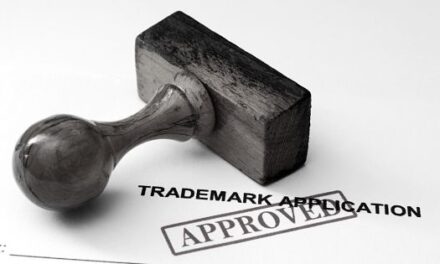If you are looking to secure a government contract for your business in New Zealand or Australia, or retain an existing government contract, you will more than likely need to go through the formal procurement process. This generally means responding to a Request for Proposal, Request for Quote, or Expression of Interest. Here are five strategies to help you write a winning tender to government.

Respond directly to the question
It is important to respond directly to the question and to provide a concise response with sufficient detail. Government procurement teams generally work off a clearly defined marking structure. Providing evidence, for any statements, as well as ample detail is a must. However, it’s equally important not to go onto a tangent and answer the question you want to read rather than the question you are reading.
For example, you may be a legal firm with extensive experience in property law. There may be a question asking for information on your experience in property law with a focus on the hospitality sector (hotels etc). A response that directly addresses the focus on the hospitality sector, will be stronger than a general response detailing your property law experience.
Focus on any government or quasi-government experience
If you are submitting a tender to government it makes sense to focus on any previous government experience. This will give the procurement team the reassurance you understand how to work with government and will comply with protocol, contractual obligations and reporting requirements.
What if you do not have any government experience?
Well quasi-government experience such as servicing Universities or TAFE is a good place to start. However, if all your experience is in the private sector, then you should detail your private sector experience, and talk about the similarities of your experience to the proposed contract and doing business with government in general.
For example, if you are a construction company bidding for a government contract, with no previous government experience, you could talk about your experience servicing Tier 1 infrastructure firms and how their requirements for ISO and environmental and safety protocols generally mirror those of government.
Write confidently and positively
It’s important to write with confidence. Use the active voice throughout your tender and present a compelling bid. For example, use language such as:
“We will deliver”
as opposed to
“We can deliver”.
In addition to the active voice, it is important to give the reader confidence that you will in fact deliver a quality outcome. Talk with pride about your experience and capabilities and how they are aligned to the requirements of the contract or project.
Establishing win themes and weaving them throughout your bid is important. On occasion, your bid will be reviewed by different members of the procurement team so you will need to present a consistent argument through the bid. Are you big on safety? If so, say so. The point is to weave the win themes throughout your bid so there is a consistent positive message.
Ensure you comply with all requirements
Compliance in key. For many government departments, the compliance teams review the tender responses before the subject matter experts review them. This means that if you do not comply with the tender requirements, you may not even get a look in.
Compliance also goes beyond ticking the basic boxes. Even if you have passed the initial review, there will more than likely be questions in the government tender on quality assurance processes and training and implementation. These types of questions often require supporting documentation. Providing this documentation (such as a quality management system or your escalation procedure) can be the difference between wining and losing a bid.
Take the time to put together the supporting documentation required. You can find templates, free of charge, for most supporting documentation. They are often provided by the government themselves.
Personalise your bid
Personalising your bid can help get your tender over the line. When you are putting forward your team and team members, take the time to tailor their profiles to the opportunity and talk about how their experience is relevant.
Then you need to go one step further. Throughout your submission, insert personalised quotes from your team about how they are excited to work on the project if your tender submission is successful. Ensure they are the right personnel for each question. For example, if there is a question on account management, insert a comment or quote from your proposed account manager. Alternatively, if there is a question on the implementation and mobilisation process for your proposed service, provide quotes and comments from your proposed implementation lead and team.
This results in a more personalised bid and will build a level of familiarity and comfort with the reader and procurement team.
Write to win
Government tenders in Australia and New Zealand are generally quite competitive. It is important you write to win and you tender for opportunities that you have a chance of winning. A good bid / no bid process is critical. Qualify each opportunity, only go for the contracts you have a good shot at, and allocate resources to give yourself the best prospects of success.























